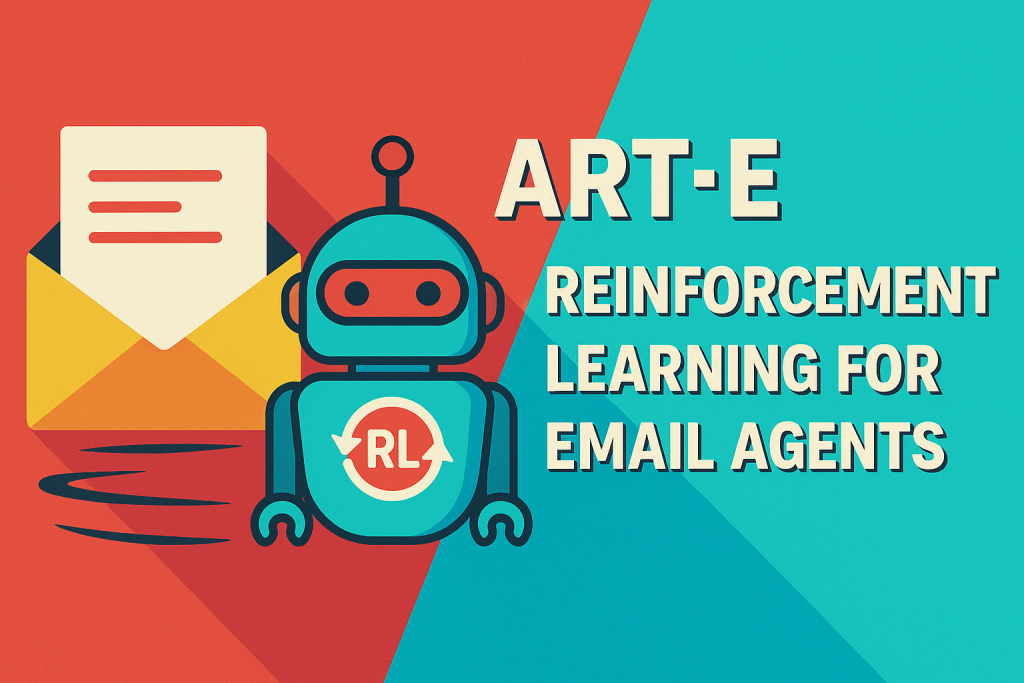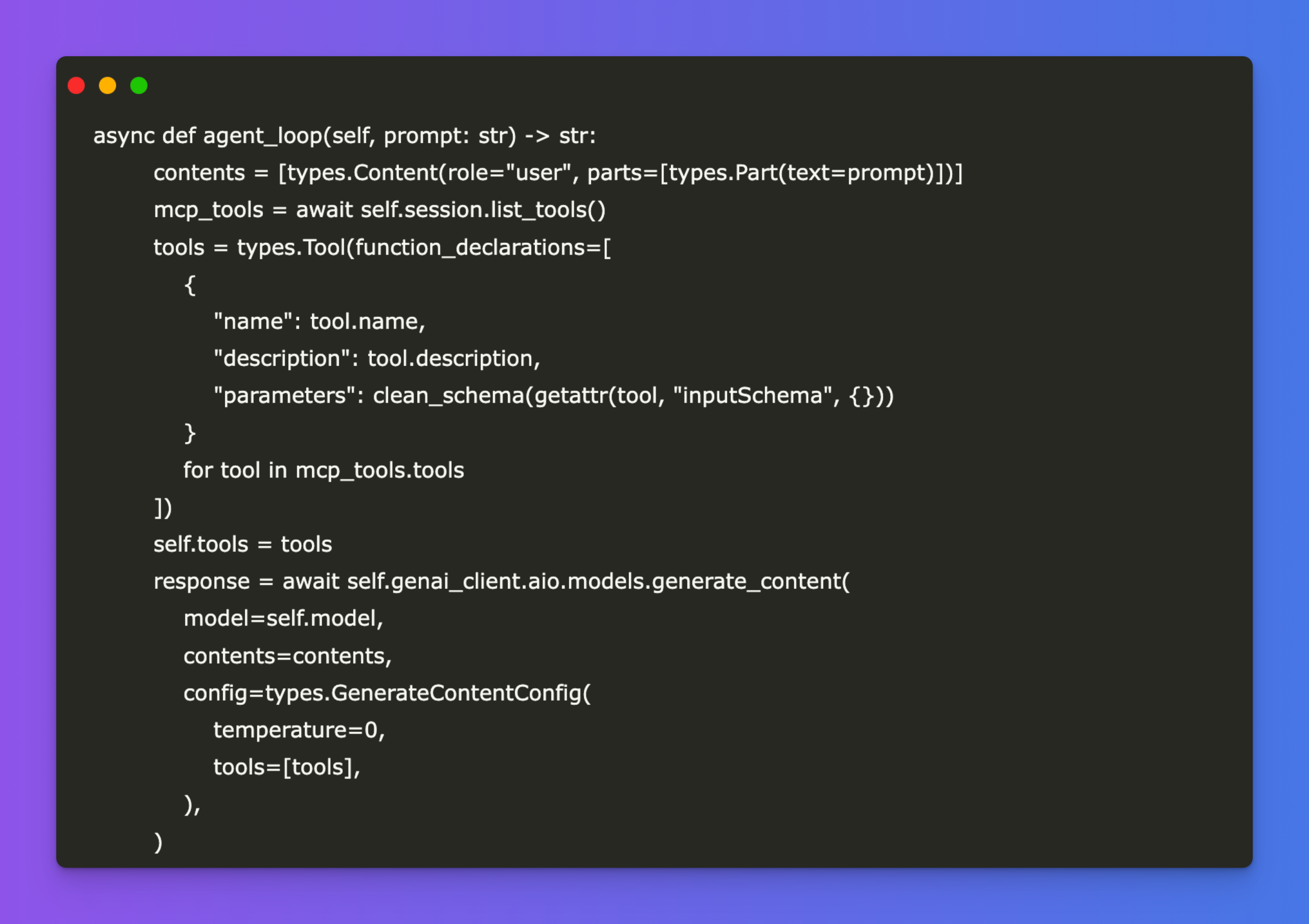Public opinion on whether it pays to be polite to AI shifts almost as often as the latest verdict on coffee or red wine – celebrated one month, challenged the next. Even so, a growing number of users now add ‘please’ or ‘thank you’ to their…
Category: AI
-
5 Problems Encountered Fine-Tuning LLMs with Solutions
Fine-tuning remains a cornerstone technique for adapting general-purpose pre-trained large language models (LLMs) models (also called foundation models) to serve more specialized, high-value downstream tasks, even as zero- and few-shot methods…
Continue Reading
-

Beyond the Hype: Google’s Practical AI Guide Every Startup Founder Should Read
In 2025, AI continues to reshape how startups build, operate, and compete. Google’s Future of AI: Perspectives for Startups report presents a comprehensive roadmap, drawing on insights from infrastructure leaders, startup…
Continue Reading
-
Google NotebookLM Launches Audio Overviews in 50+ Languages, Expanding Global Accessibility for AI Summarization
Google has significantly expanded the capabilities of its experimental AI tool, NotebookLM, by introducing Audio Overviews in over 50 languages. This marks a notable leap in global content accessibility, making the platform far more…
Continue Reading
-

Tutorial on Seamlessly Accessing Any LinkedIn Profile with exa-mcp-server and Claude Desktop Using the Model Context Protocol MCP
In this tutorial, we’ll learn how to harness the power of the exa-mcp-server alongside Claude Desktop to access any LinkedIn page programmatically. The exa-mcp-server provides a lightweight, high-performance implementation of the…
Continue Reading
-

Can Coding Agents Improve Themselves? Researchers from University of Bristol and iGent AI Propose SICA (Self-Improving Coding Agent) that Iteratively Enhances Its Own Code and Performance
The development of agentic systems—LLMs embedded within scaffolds capable of tool use and autonomous decision-making—has made significant progress. Yet, most implementations today rely on fixed, hand-crafted orchestration…
Continue Reading
-

Worms, Springs, and Soft Robots: Tiny Creatures Inspire Giant Leaps
Researchers at Georgia Tech recently unveiled an impressive achievement: a 5-inch-long soft robot that can catapult itself 10 feet into the air – the height of a basketball hoop – without any legs. The design was inspired by the humble…
Continue Reading
-

Reinforcement Learning for Email Agents: OpenPipe’s ART·E Outperforms o3 in Accuracy, Latency, and Cost
OpenPipe has introduced ART·E (Autonomous Retrieval Tool for Email), an open-source research agent designed to answer user questions based on inbox contents with a focus on accuracy, responsiveness, and computational efficiency….
Continue Reading
-

How to Create a Custom Model Context Protocol (MCP) Client Using Gemini
In this tutorial, we will be implementing a custom Model Context Protocol (MCP) Client using Gemini. By the end of this tutorial, you will be able to connect your own AI applications with MCP servers, unlocking powerful new…
Continue Reading
-

UniME: A Two-Stage Framework for Enhancing Multimodal Representation Learning with MLLMs
The CLIP framework has become foundational in multimodal representation learning, particularly for tasks such as image-text retrieval. However, it faces several limitations: a strict 77-token cap on text input, a dual-encoder design…
Continue Reading
